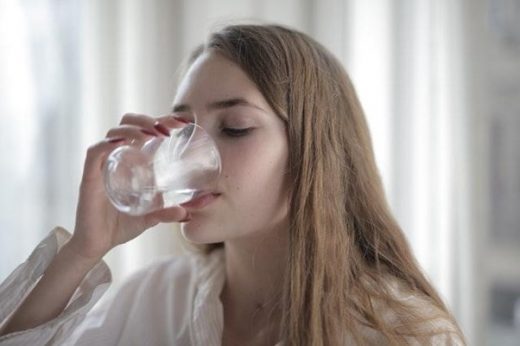Do you know the quality of water you drink guide, Community drinking systems advice
Do You Know the Quality of Water That You Drink?
3 Feb 2021
It is indeed a fact that the US can proudly boast that the water supply systems employed by them are genuinely amongst the best worldwide in terms of safety. For an overwhelming 90% majority of US citizens, community water systems serve as their tap water source. These community water systems usually employ the most rigorous and strict standards to ensure that the water is safe for drinking.
Drinking-Water Standards
The quality of drinking water varies from one place to another, even in the US’s confines. This quality is determined by the source water conditions from which the water is derived and its treatment. However, irrespective of both factors, the water must necessarily adhere to EPA or Environmental Protection Agency standards. The relevant legal statute which community water systems need to abide by is the SDWA or the Safe Drinking Water Act. However, several US states have in the place drinking water regulations that are as safe as or sometimes even safer than the EPA’s federal standards. The SDWA regulations cover detailed guidelines that include the following factors:
- Water testing schedules
- Quality of drinking water
- Methods for testing water.
Drinking-Water Contamination
While the US tap water supply is among the safest globally, contaminations are still possible. They do indeed take place from time to time. The cause of such contaminations usually are one or more of the following:
- Releases from sewage.
- Minerals and chemicals that occur naturally like arsenic, uranium, radon, etc.
- Different usage practices locally like pesticides, fertilizers, concentrated feeding, and livestock.
- Manufacturing processes like cyanide, heavy metals, etc.
- Faulty functioning of on-site wastewater treatment systems like septic systems
There are additional drinking water contamination risks posed by improper water treatment or a defective water distribution system through pipes.
Drinking-Water Supply Through Private Wells
One interesting thing to note about the drinking water supply in the US is that over 15 million US homes rely on private wells. If you depend on well water, it is advisable to use a water filtration system like the one’s Wellness Water Filtration Systems offer before you drink water from such sources. In the case of such water sources, the onus of ensuring that the water remains clean and safe rests on the well’s owner. You can access further information on the quality of water sourced from groundwater wells owned privately on the CDC website’s private well page.
What Happens When Water Is Contaminated
Upon detecting an issue with the quality of drinking water supply like contamination, designated personnel can issue water advisories. This ensures that public health is protected.
Results Of Water Contamination
Healthy drinking water is an essential part of daily needs. And water contamination may result in a wide variety of health issues. These include:
- Reproductive problems
- Gastrointestinal illnesses
- And neurological disorders
The following demographics are particularly vulnerable to the health hazards posed by contaminated water:
- Young children
- Infants
- Elderly
- Pregnant women
- People with weak immune systems
How To Determine Water Quality
In simple and basic terms, scientists work to ascertain the quality of water by the following process:
- They first measure and analyze the various water characteristics like the minerals dissolved in the water, temperature, bacteria levels.
- Scientists then compare these measures with numeric standards. Typically, the relevant authorities have particular guidelines to determine the suitability of water for specific purposes.
Water Standards Are Determined By Intended Use
The concerns regarding water quality vary as per the intended usage purpose and the standards in place to determine the water quality standards. Additionally, the response of water bodies varies according to environmental conditions. Scientists are continuously progressing further towards a greater understanding of water system functions.
It is such functioning that decides how water gets contaminated and what eventually happens. Environmentally aware policymakers and legal professionals strive to enact water laws that better manage water use and its natural conditions. Most surface water is neither toxic nor potable, which is something true even if seawater is not accounted for in the equation.
Things To Remember While Considering Water Quality
It is erroneous to perceive water pollution as a simple property that can be determined with ease. On the contrary, the quality of water is something that’s deeply complicated. This is due to a great extent to the intrinsic complexity associated with water as a medium deeply inked with our planet’s ecology.
The forward march of technology makes it possible for us to analyze drinking water better and its quality. Besides making the process swifter and more accurate, scientific progress reveals new problems and pollution that our water sources face. But it is also shaping new and higher drinking water quality standards besides enhanced treatment methods.
Comments on this guide to Do you know the quality of water you drink article are welcome.
Water / Floods Articles
Water / Floods Posts
Water damage from leaks construction lawsuits
Help Prevent Water Pollution Guide
Water damage cleanup and repair service
Home Articles
Residential Architecture
Comments / photos for the Do you know the quality of water you drink advice page welcome







